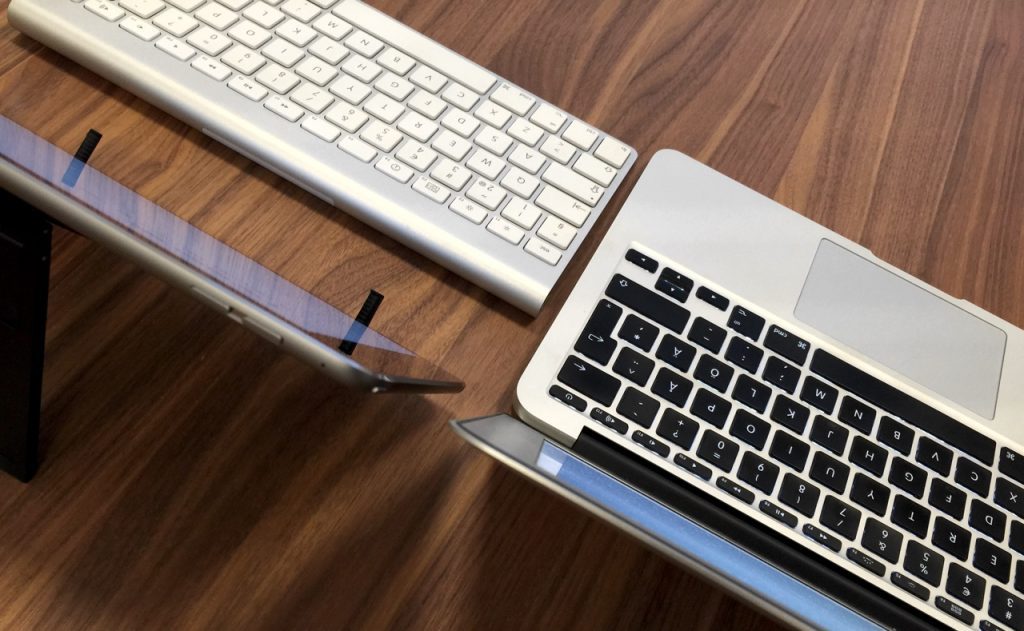Say Media, who once upon a time bought blog platform maker Six Apart and wanted to be both a tech company and a publisher, is pulling out of the media business.
Today, Say is reverting back to its technology roots: XoJane and the rest of its owned sites, including tech property ReadWrite, fashion site Fashionista and decorating go-to Remodelista, are up for sale. CEO Matt Sanchez said trying to be both media and technology company ultimately proved too hard. Ultimately, even during a time when every media company wants to dress itself up as a tech outfit too, the differences between the businesses were too great to bridge.
“When we launched Say, it was really about, how do you provide technology and services for independent media,” he said. “It was this vision of building the modern media company by building, partnering with and buying independent media companies, build the tech beneath it and think holistically about the entire media stack. We just came to the conclusion that it’s very difficult to do both.”
Say Media will now focus on its Tempest publishing platform, and plan to make it free to use. Money’ll come from ads on sites using it, presumably.
The aforelinked Digiday story talks a lot about how hard it is to be both a technical company, and a publishing one. I’m having a hard time with this reasoning, because it all boils down to having the right people, as every other company does. This split is no different than having both an editorial and an advertising side of your business, they still have to work together. It all boils down to the right people, and their leadership. Say Media isn’t pulling out of the media business because the development/publishing combination isn’t working, they’re doing so because their online properties are failing.
